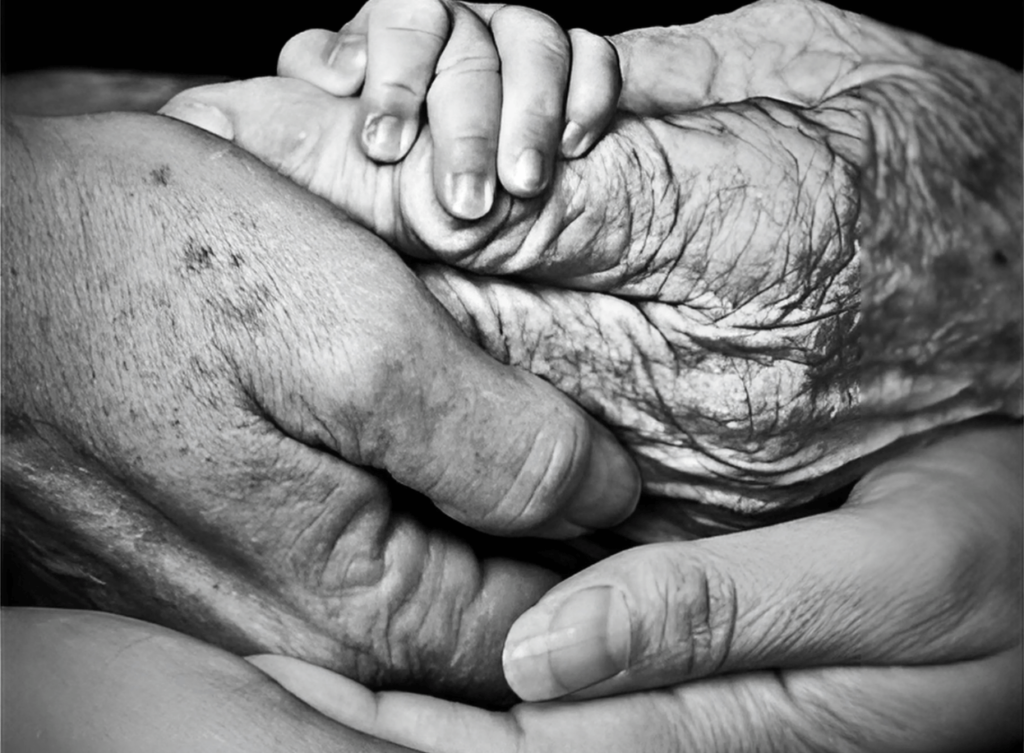The landscape of luxury is shifting. Two months ago the share value of Kering Group – owner of brands Gucci, Balenciaga, and Saint Laurent (among others) – hit a seven-year low. LVMH, the world’s largest luxury group, has seen similar (if less drastic) difficulties – it reported only 3% organic growth across its 75 brands for Q3 2024, a far cry from the 14% revenue growth it enjoyed last year. As we navigate one of the most politically fragile periods in decades, we must consider whether the time of fabricated luxury has reached its peak.
Back to basics
Global instability is a catalyst for focusing the mind on the meaning of true value. Many so-called luxury goods today rely on the appeal of brand alone, playing on consumers’ fear of unbelonging, with no restrictions on production volumes to offer genuine exclusivity. Should promotion of false scarcity continue, surely materialism for its own sake will lose allure? Instead, consumers will gravitate toward products that emphasise real craftsmanship, sustainability, and authentic narratives. Smaller, artisanal brands with transparent practices and a commitment to quality over quantity will be the new face of luxury.
Soul food
Biased though we may be, fine wine epitomises this shift. It is quite literally limited by nature – subject to the whims of the weather, and to the talent for transforming what nature offers into an exceptional expression of terroir. Even beyond the skill and technology required to craft wines for the ages is a much deeper experience than basic consumption. Great wines provide shared moments, stories of family heritage, material for debate, and more. These are products with soul, which create opportunities for genuine social connections – perhaps one of the highest forms of luxury in today’s fast-paced, tech-focused world. Afterall, what is investment in AI and the search for ever-more efficiency for, if not to make more space in our lives for enjoying time with friends and family?
Timeless values
While the political and economic landscape of tomorrow is uncertain, we foresee a new era of more mindful consumption. Luxuries of the future will be characterised by substance, authenticity, and their capacity to generate an emotional impact that enhances our lives. Above all, true treasures will come with an appreciation for the dimension of time. A preference for the artisanal also means an understanding of the need for patience, since high-quality, exclusive products just don’t come at the click of a button. We’re convinced that the world of luxury has room for devolution – returning to what truly matters, and to goods that offer genuine rarity, with real, tangible value.

